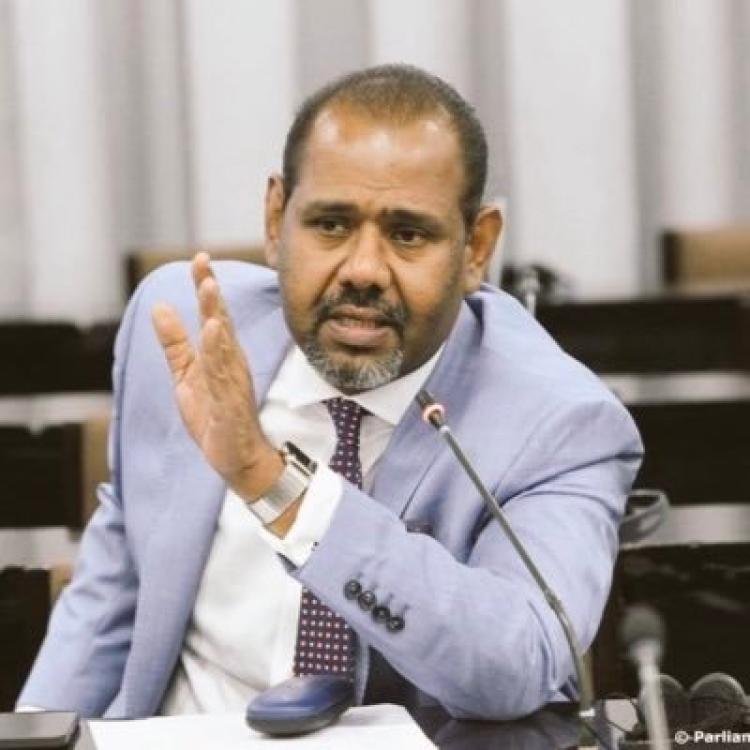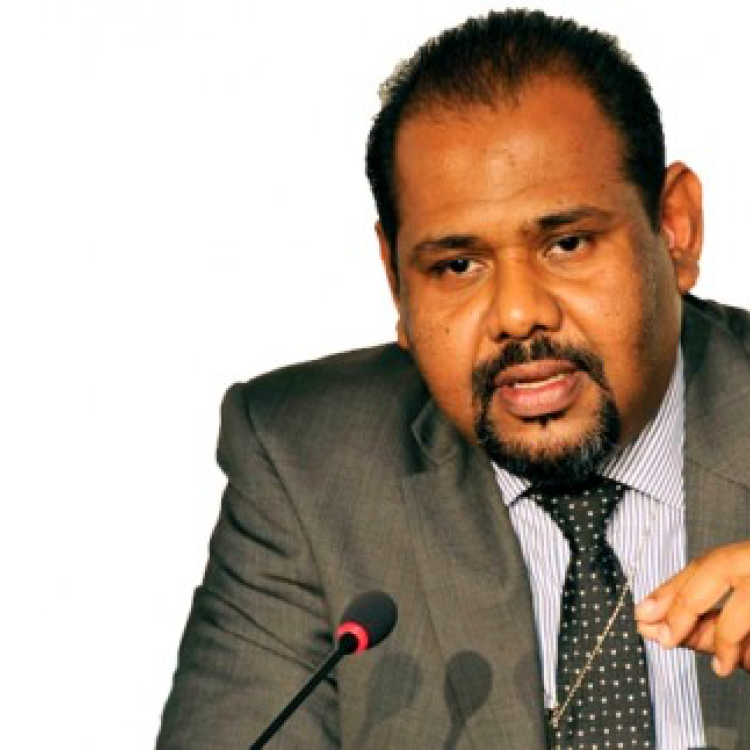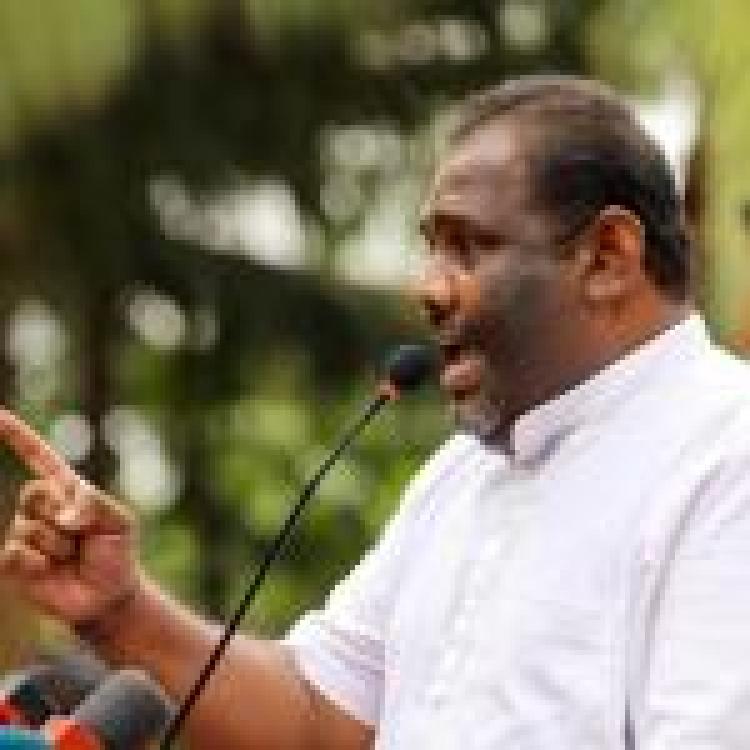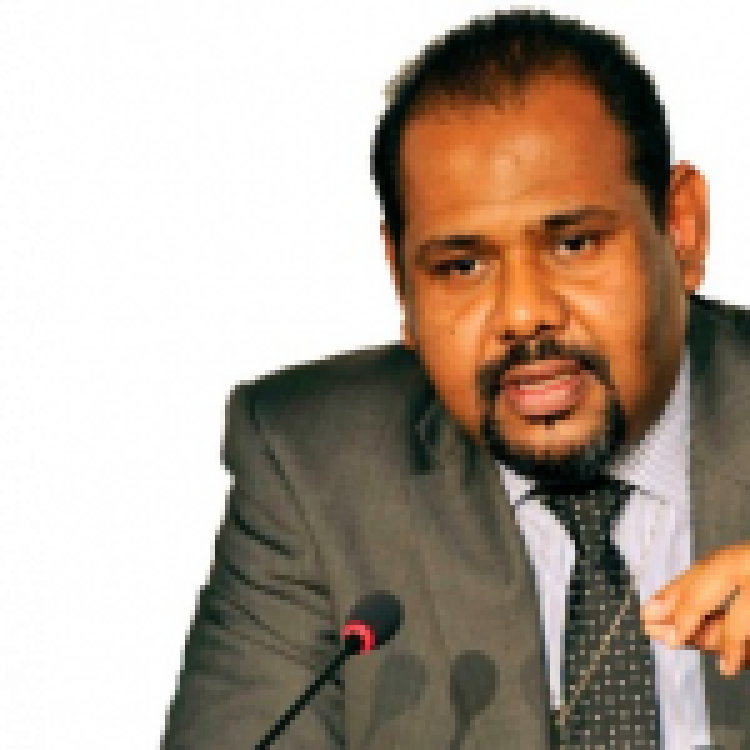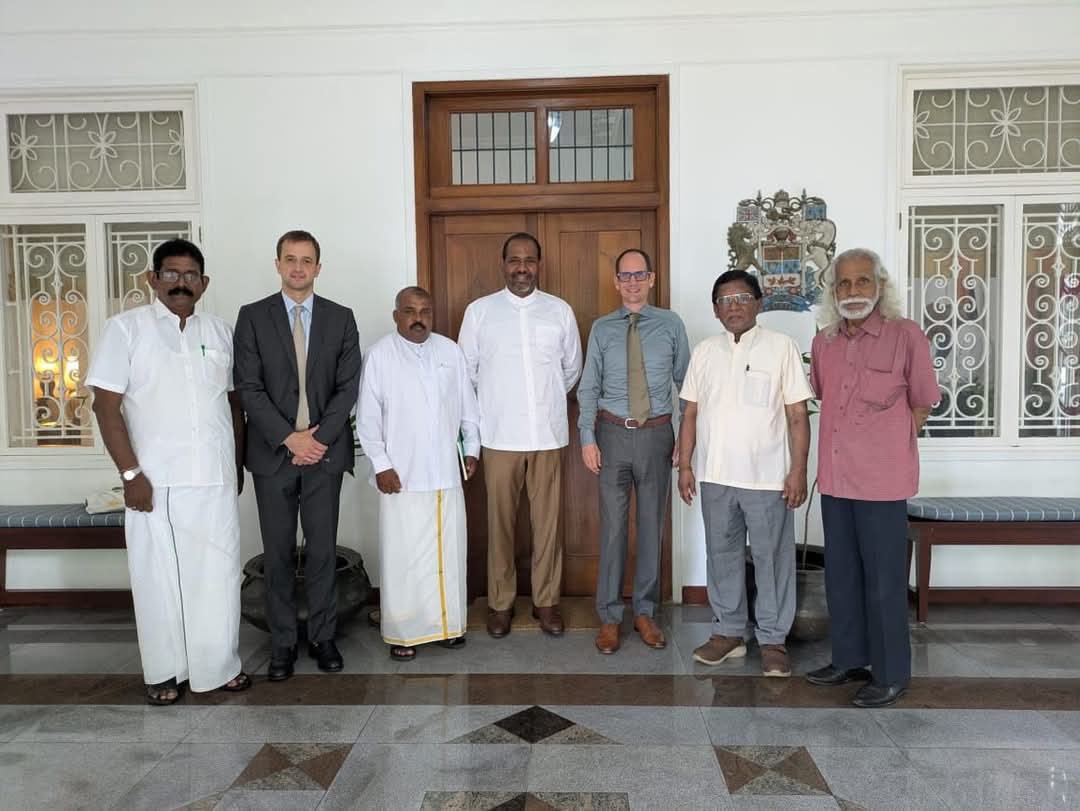
Tamil National People’s Front (TNPF) leader and Member of Parliament Gajendrakumar Ponnambalam has sharply criticised the Sri Lankan government's continued denial of the Tamil genocide, stating that its refusal to investigate such atrocities undermines its own claims of innocence.
His remarks came after Canadian Ambassador Eric Walsh was summoned by Colombo, amid growing diplomatic tensions following the unveiling of the Tamil Genocide Monument in Brampton, Canada. The Sri Lankan state had condemned the monument and reiterated its claim that no genocide had taken place.
“It is absurd for a government unwilling to initiate an investigation into alleged genocide to claim there is no evidence of such atrocities,” Ponnambalam said. “If nothing happened, then why be afraid of an international criminal investigation?”
Speaking to reporters, Ponnambalam argued that for over seventy years, there had been a systematic and deliberate effort to erase the identity of Tamils in the North-East. “This is a verifiable truth,” he said. In response to Tamil demands for self-rule in their homeland, the Sri Lankan state launched state-sponsored colonisation programmes aimed at altering the demographic makeup of the region. These efforts, he asserted, were coupled with acts of structural genocide that left Tamils with no option but to resist.
“For over three decades, the state was unable to suppress the Tamil resistance,” he said. In the end, however, it chose to silence the struggle through what he described as an act of genocide.
Ponnambalam cited multiple international sources that have documented the atrocities committed by the Sri Lankan military during the final stages of the war, including repeated broadcasts by the UK’s Channel 4, and investigations by the Office of the United Nations High Commissioner for Human Rights, which concluded that war crimes and crimes against humanity had been committed.
“The Tamil people do not merely view these atrocities as war crimes or crimes against humanity, but rather as a calculated act of genocide,” he said. “Therefore, for the Sri Lankan government to deny the existence of evidence while simultaneously refusing to investigate is not only farcical but also unacceptable to the global community.”
He added that any government confident in its innocence would welcome an international inquiry to demonstrate its integrity. “Its refusal to do so, and its outright dismissal of such an inquiry, only renders its denials of genocide all the more implausible.”
Ponnambalam noted that although the Canadian government did not initially recognise the events as genocide, the “gradual release of undeniable evidence” is compelling governments around the world to confront the truth. “This development is not limited to Canada,” he said. “In every country where the Tamil diaspora has settled, the accumulation of evidence is bringing other governments to confront the reality.”
He concluded by praising the Tamil diaspora and the Canadian government, stating: “This moment stands as a powerful testament to the principled stance of the Tamil diaspora.”
“On behalf of the Tamil people in Sri Lanka,” he said, “I extend deep gratitude to the Canadian Tamil community, who continue to demand an international criminal investigation into the genocide and advocate for the recognition of Tamil Eelam’s sovereignty.”
He also thanked the Canadian government “for upholding the values of truth and democracy by allowing space for remembrance through the construction of a genocide memorial.”

